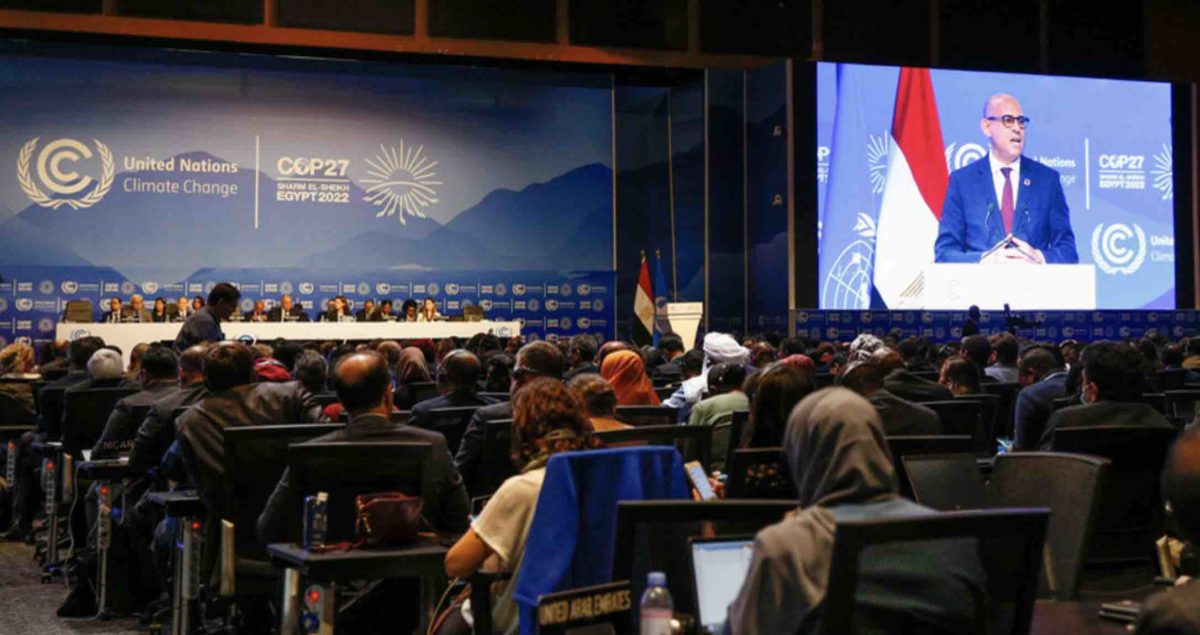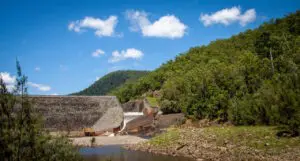The UN Secretary General has been on fire here at the COP27 in Egypt, warning fossil fuel companies today that using bogus ‘net-zero’ pledges to cover up massive fossil fuel expansion is “rank deception”.
They are “poisoning our planet”. This follows his Acca Dacca inspired ‘climate highway to hell’ comments on what loss and damage might be in store as a result of dangerous climate change. Both explored below.
Greenwashing
The first UN report to crack down on corporate greenwashing was commissioned by the Secretary General in Glasgow and released today.
The UN High-Level Expert Group on the Net-Zero Emissions Commitments of Non-State Entities held global consults (including two hosted by The Australia Institute) and produced ten strong recommendations on what needs to happen.
Most notable – is a need for all net zero pledges to plan to end the use and funding of fossil fuels, to priortise emission reductions rather than offsets, disclose lobby group membership and advocacy, and provide more robust and transparent accounting. Companies must take ownership for their Scope 3 emissions.
This UN report will have key lessons for the Chubb Review into integrity issues in the Australian carbon market which his due to wrap up in late December and the Australia government’s Climate Active program which appears to sanction greenwashing.
Loss and fairness
On loss and damage, while there are many elements to it, it is ultimately about fairness. Will industrialised countries provide finance to compensate poorer countries for climate impacts?
It was summed up well by Barbados Prime Minister Mia Mottley – that poorer countries “were the ones whose blood, sweat and tears financed the industrial revolution; are we now to face the double jeopardy by having to pay the cost as a result of those greenhouse gases from the industrial revolution? That is fundamentally unfair.”
Prime Minister Shehbaz Sharif of Pakistan took the stage today where, after devastating floods in all four corners of his country, he asked “how on Earth can one expect from us that we will undertake this gigantic task on our own?”
The problem for developed countries is how can they raise this money if there isn’t the support back home. In the US’ case, this could get even harder following their mid-terms. Ideas have been floated on where this funding could come from.
The Barbados Prime Minister suggested a levy on fossil fuel company profits with proceeds going straight into loss and damage funding.
This is similar to The Australia Institute’s proposal for a local fossil fuel export levy to cover climate impact costs at home.
Both would certainly instil a fairness in taking from those most responsible and giving to victims of the impacts. There should be more tomorrow during the COP27 ‘finance’ day with additional insights on a potential compromise.
Richie Merzian is climate head of The Australia Institute and is attending COP27 in Egypt.










